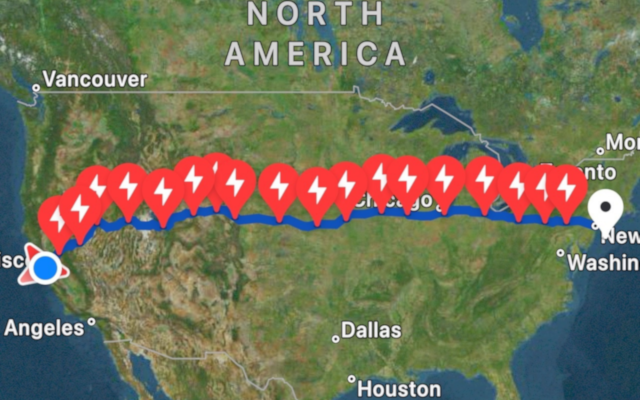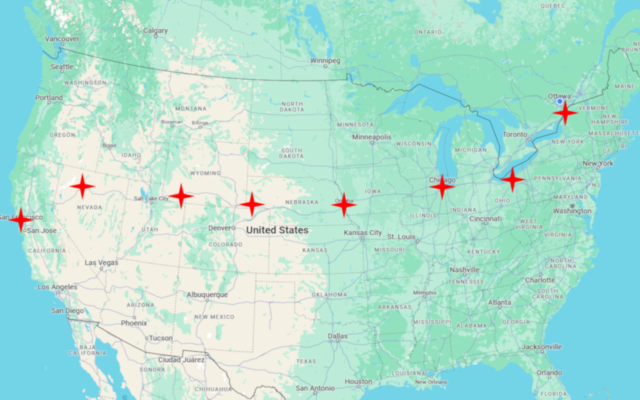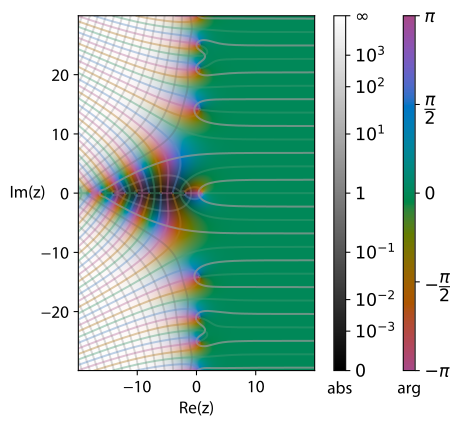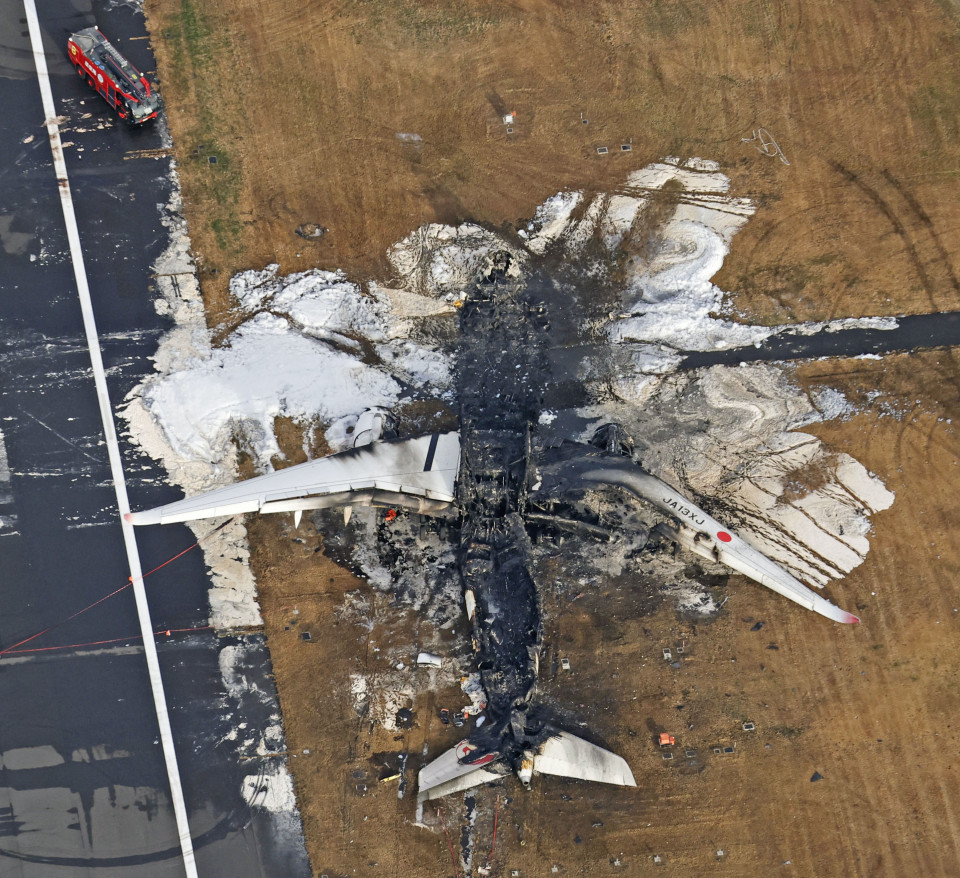I offered this gloomy prediction before I am offering it again, though it gives me no pleasure: World War 3 is long overdue.
When I was growing up in the 1960s and 1970s, nuclear Armageddon was seen as almost inevitable someday. Back in 1970, when I was in the second grade, chances were no sane adult believed that the world would persist mostly in peace, with no major conflict between great powers, all the way up to the year 2000 and beyond.
Yet here we are, in 2024, now in the 79th year of the historical epoch that should rightly be called pax Americana: an imperfect, yet unprecedent period of peace, a rules-based world order that brought prosperity, freedom and security to billions. Not everyone, to be sure, but still, it was an era without precedent. The only comparable period of time that I can think of is also from relatively recent history: the decades between 1849 and 1914, which gave birth to the modern world, streetcars and electric subways, lightbulbs and radios, airplanes and labor unions, telephones and civil rights.
It is true that century after century, humanity has become more peaceful: that in any given century since the dawn of written history, your chances of dying as a victim of violence were ever so slightly less than in the preceding century. But that did not put an end to devastating war. And an all-encompassing, devastating war is long overdue, if history is any guide.
In fact, I very much worry that by the reckoning of some future historians, World War 3 might already be under way. We simply haven’t recognized it just yet.
Consider World War 2. When did it begin? Well, most official accounts I suppose mark September 1, 1939, when Hitler’s Third Reich attacked Poland, as the start date. But that’s a very Euro-centric view. I daresay that, in reality, World War 2 actually began on July 7, 1937 at the bridge known to Europeans as the Marco Polo bridge in Beijing, China. It was this incident that started what some call the Second Sino-Japanese War, but it really is the first major military conflict marking the beginning of the global war between 1937 and 1945.
Of course no one in July 1937 surmised that these were the first shots fired in a war that will leave tens of millions dead, Europe devastated, and culminate in the first (and to date, only) use of nuclear weapons in anger. Not even in September 1939 was it a foregone conclusion that the world entered another World War; indeed, for months thereafter, much of the Western press was talking about a “phony war”.
Things changed after the collapse of France, the Battle of Britain, Barbarossa and Pearl Harbor, of course. But it was a gradual process of recognition. Only in hindsight did we attach a firm date (even if it is the wrong date) marking the beginning of the world war.
So where are we now? War in Ukraine continues. Putin is undoubtedly enraged that Ukraine receives substantial assistance not just from the West in general, but from the Baltic states that not too long ago were part of the Soviet Union, places he thinks he owns. Meanwhile, what began as an unprecedented terrorist attack on Israeli civilians in early October is rapidly widening into a regional war, with US and UK forces now attacking Houthi facilities in Yemen, bases that were used to carry out unprovoked attacks on commercial shipping in the region. Iran, of course, is actively involved in all this even as they are entering an unholy alliance, dubbed the “axis of resistance”, uniting Iran, Iraq, Syria, Lebanon and Yemen, with support from Russia and North Korea.
These conflicts are unlikely to go away in 2024. If anything, they are more than likely to escalate.
And I don’t think it’s too far-fetched to consider the very possibility that nuclear weapons will soon enter the stage.
Israel of course is one of the undeclared nuclear powers of the world. Should they feel existentially threatened, I don’t think they’d hesitate to use nukes against their major opponents.
Iran, as far as we know, is not a nuclear power just yet, but they are “almost there”. Would they use nukes merely as a deterrent, or would they deploy nukes against Israel? The ayatollahs are just crazy enough to do that, I fear.
Russia is of course one of the nuclear superpowers of the world. So far, they refrained from using nukes in Ukraine, but how close are they to take that step? They have already been using chemical weapons at a rising rate according to several reports that I have seen.
And then there is Ukraine itself. Though the country gave up its arsenal of inherited Soviet-era weapons, they certainly have the scientific and technological capability to develop a nuclear weapon in a short period of time. Are they working on it already? If so, how close are they and what will be the intended use? Deterrent? Battlefield deployment? And how would Russia react?
Meanwhile, the West is preoccupied with increasingly polarized politics, putting “conservative” against “progressive”, while undermining perhaps fatally the values of liberal democracy. Indeed, there are leaders like Hungary’s Orban who proudly declared themselves and their political schools of thought “illiberal”. It’s not exactly clear which part of traditional liberalism they reject, though quite possibly it’s all of them: who cares about the rule of law when they prefer the laws not apply to them, who cares about freedom of enterprise when their oligarchic cronies want no competition, who cares about civil rights when those pesky citizens have the audacity to criticize them? But if “illiberal” marks predominantly the conservative right, their “woke” counterparts from the progressive left, dubbed “liberal” though their attitudes are often completely at odds with traditional liberal values, certainly give them a run for their money when it comes to intolerance of any views other than their own.
Am I anxious? Not the right word. It’s hard to describe how I feel. The colossal stupidity that marks the world’s march towards conflict and suffering is annoying, but I have a lot less to worry about than most folks. I have no children whose future might concern me. I am in my early 60s, which means that the majority of my lifespan is behind me already, and it was a good life so far. I have no complaints. And there is nothing I can do to help avoid the outcome that I fear. An old joke pops into my mind, one I heard as a child in Hungary, about the railroad watchman who is taking an exam. He is asked what he would do if he saw two express trains heading towards each other on the open track. “I’d call the wife out from the shack,” he says, “because there’s nothing else that I can do and I’m sure she’s never seen a crash quite as big as this one!”

“The lamps are going out all over Europe,” declared Sir Edward Grey in London early August 1914, as the country that he served as foreign secretary was about to declare war on Imperial Germany. The lamps may soon start to go out all over the world. So here I am, telling my beautiful wife that we can watch the show together. My only regret is that we don’t have a ladder long enough to reach the rather tall roof of our townhouse condo. If I did, we’d have a prime view of downtown Ottawa for when the mushroom clouds blossom over its skyline.








